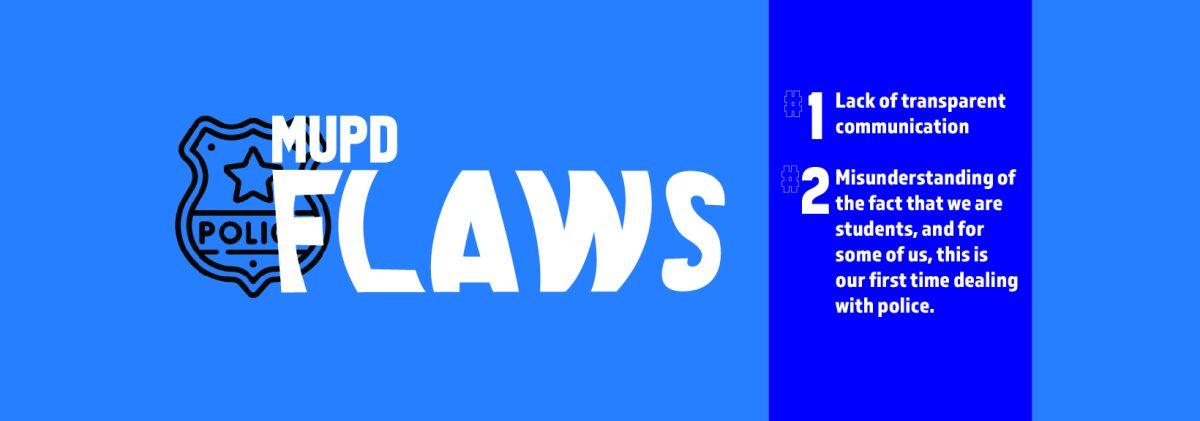If there’s an offer on the table, the University of Missouri needs to take it. Here’s why:
Let’s start with a big hang-up for our decision-makers: academics. As former student leaders, we care deeply about the University of Missouri’s academics. Our generation demands to be well-prepared for scarce jobs in a tough economy. Many of us chose Mizzou because, as the flag ship University of the State of Missouri, it fulfills that promise of rigorous academic preparation. With that in mind, there appears to be a perception that the SEC is academically inferior to the Big 12. The reality is that the academics of the SEC are just as good as the Big 12. With the departure of Colorado, Nebraska and Texas A&M, the Big 12 has only three AAU universities (excluding Missouri). The SEC also has three AAU universities. Additionally, the most recent “U.S. News and World Report” national school rankings show how the Big 12 and SEC compare (see chart). We can cut it other ways, too. Top 100 Business Schools? The SEC has more than the Big 12, 10-5. Top 100 Law Schools? The SEC wins again, 8-4. The SEC also enjoys an edge in the Top 100 Medical Schools, whether the paradigm is research or primary care. It’s simply not tenable to maintain that the new, 9-member Big 12 has stronger academics than the SEC.
Why should we move? How about basic economics? The Big 12 is the only major conference that doesn’t practice equal revenue sharing; the ACC, Big Ten, Pac-12, and SEC engage in equal revenue sharing. Why should Mizzou take a smaller cut in the Big 12 if we can move to the SEC and generate more revenue? With both Colorado and Nebraska leaving for less than $10 million, this means we could earn buyout money back in a few years in the SEC. So unless the Big 12 can agree on equal revenue sharing and equal rights, moving to another conference is the only option. Which leads to our next point: stability. Texas, Texas Tech, Oklahoma, and Oklahoma State almost left for the Pac-12 last week. The only reason they didn’t is because Texas would not agree to equal revenue sharing. Outside of reinforcing our previous point, this also shows that the core contingent of the former Big 12 South isn’t invested in the University of Missouri, plain and simple. They don’t see us as having mutual interests, so why should we tether ourselves to these schools? By staying in the Big 12, Mizzou is exposed to more risk, particularly from the former Big 12 South.
I don’t need to stress the athletic benefits of the SEC. It’s the premier conference in college football. We would automatically experience the benefits of improved exposure and new recruiting advantages in addition to the increased revenue. For those concerned about the Kansas rivalry, we can keep it, just as many of the SEC schools continue to enjoy historic rivalries with schools in the ACC. Whatever initial adversity we might experience in football would be offset by an immediate advantage we could see in other sports, including basketball. And don’t count out Coach Pinkel — he’s built a football program that can compete in any conference in the country, including the SEC.
Chancellor Deaton is in a tough spot as Chancellor of the University of Missouri and Chairman of the Big 12 Board of Directors. What’s more, Deaton is a consensus-builder and a man of incredible integrity, which means that it’s going to be difficult for him to advocate leaving the Big XII if he has made any overtures of unity in the recent past. But, no matter how you look at it, leaving the Big XII for the SEC is what is in the best interest of the University of Missouri.
-Jordan Paul, Jim Kelley, Tim Noce











